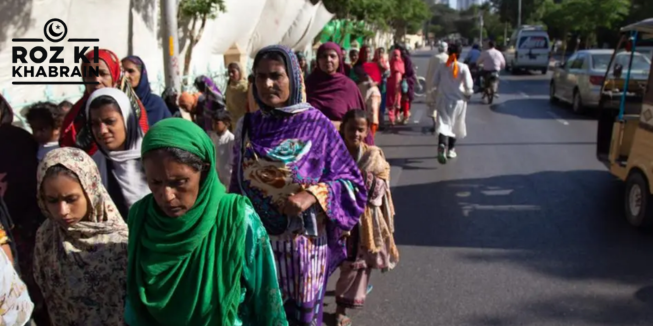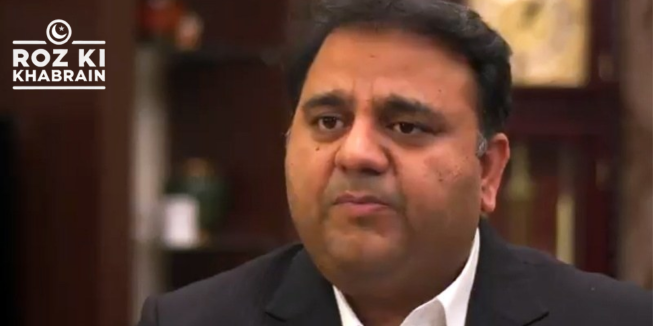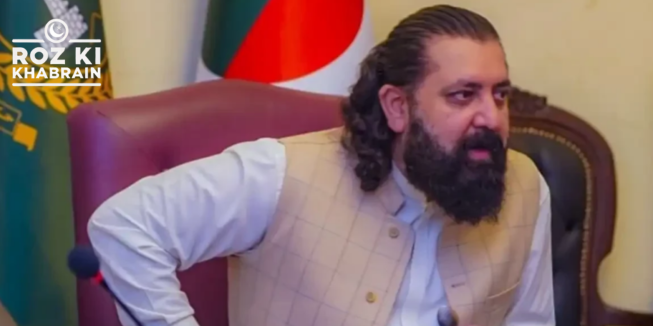The policy proposes introducing a separate category for transgender children on school and college admission forms, alongside male and female options, according to a press statement.
It also includes job quotas for transgender individuals during teacher recruitment, with the draft set to be presented to the cabinet for legal approval.
The meeting highlighted that, according to the 2023 census, there are 20,331 transgender people in Pakistan, with 4,222 residing in Sindh. However, an NGO estimates the number to be closer to 250,000.
Research by USAID shows that 42% of transgender individuals have minimal literacy, while 40% lack access to education altogether.
Syed Sardar Ali Shah discussed the various obstacles transgender individuals face in accessing education, such as societal prejudice, mistreatment, and exclusion, which limit their opportunities. He added that financial difficulties and limited employment prospects make it harder for transgender people to afford education, while fear of harassment in educational institutions deters them from pursuing studies.
The education minister also noted that there is no current curriculum addressing the specific needs of transgender individuals. The policy aims to create a supportive environment for transgender students, including the establishment of specialized schools and non-formal education centers.
Additionally, the policy includes skill development programs to help transgender individuals achieve better outcomes. It emphasizes creating an anti-harassment environment in educational institutions and launching public awareness campaigns to promote equal rights and opportunities for transgender people.
Support groups will be set up in schools to help transgender children cope with societal pressures, and successful transgender individuals will be presented as role models through mentorship programs to inspire others to pursue education. Minister Shah emphasized that education will enable transgender individuals to access respectable employment opportunities.




